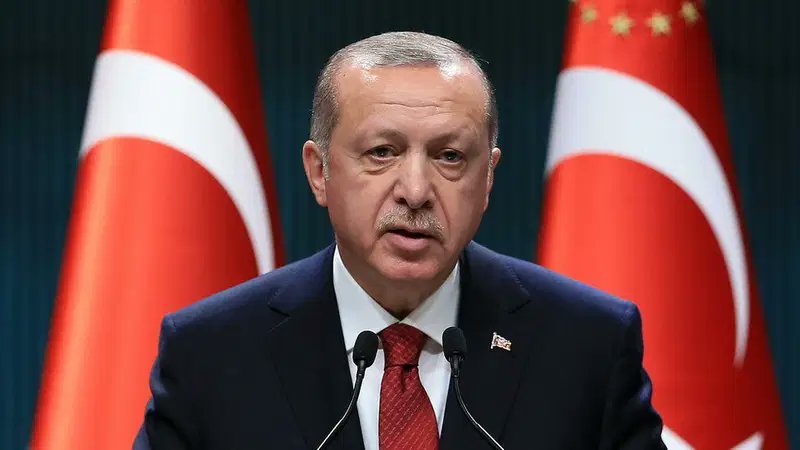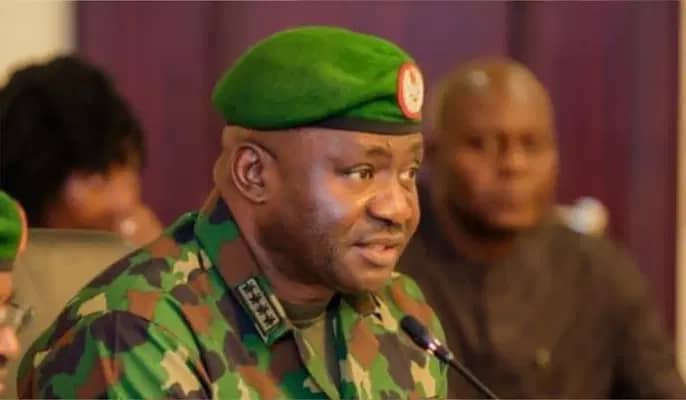The Turkish government has issued a warning about the presence of the Fethullah Terrorist Organization (FETO) in Nigeria and several other countries. Turkish authorities allege that members of this group are actively operating abroad, raising international concerns about the group’s reach and influence beyond Turkey’s borders.
The warning was issued during an official engagement involving Turkish officials and Nigerian counterparts, where the subject of terrorism and cross-border security cooperation was discussed. According to Turkish representatives, FETO maintains a covert network of operatives and institutions in multiple countries, including Nigeria, which they claim is being used to carry out subversive activities and advance the group’s agenda.
FETO is a movement led by Fethullah Gülen, a Turkish cleric currently in self-imposed exile in the United States. The group was designated a terrorist organization by the Turkish government following the failed coup attempt on July 15, 2016. Turkish authorities blame FETO for orchestrating the coup and have since launched a global campaign to dismantle the group’s operations and seek extradition of its members.
Turkish officials assert that FETO has infiltrated sectors such as education, media, and non-governmental organizations in various countries under the guise of civil society operations. They claim that the group uses schools, charities, and other legal entities as fronts to promote its ideology and recruit supporters.
Nigeria, which maintains diplomatic and economic ties with Turkey, has been identified as one of the countries where FETO allegedly operates. Although no specific individuals or institutions in Nigeria were named in the public warning, Turkish authorities have encouraged Nigerian officials to investigate any possible links and to cooperate with Turkey in addressing the threat.
This warning aligns with Turkey’s broader foreign policy efforts to pressure countries into shutting down institutions affiliated with FETO. Since the 2016 coup attempt, the Turkish government has lobbied extensively for the closure of schools and organizations tied to the Gülen movement in Africa, the Middle East, Asia, and parts of Europe. Some countries have complied, while others have declined to take action, citing lack of evidence or concerns over sovereignty and due process.
In several cases, Ankara has also sought the extradition of suspected FETO members residing abroad. While some countries have handed over individuals wanted by Turkey, others have refused, citing legal barriers and human rights concerns. This has led to tensions in Turkey’s bilateral relations with certain nations.
The latest statement from Turkish authorities underscores Ankara’s continued resolve to pursue FETO-linked individuals and networks globally. It also comes as part of broader counterterrorism diplomacy, with Turkey seeking to bolster its influence in foreign policy through security cooperation.
Officials in Nigeria have not yet issued an official response to Turkey’s statement. It remains unclear what steps, if any, the Nigerian government plans to take following the Turkish allegations. However, Nigeria and Turkey have maintained a cooperative relationship in areas such as trade, defense, and counterterrorism, which could shape how the issue is handled.
The situation adds another layer to the complex diplomatic landscape involving Turkey’s domestic security concerns and their international implications. Turkish President Recep Tayyip Erdoğan has made the global dismantling of FETO a central goal of his administration’s foreign and security policy. The Turkish government has repeatedly emphasized that it considers the group a significant and ongoing threat to its national security.
As international dialogue continues on counterterrorism cooperation, Ankara’s warning serves as a reminder of the transnational nature of modern security threats and the political challenges involved in addressing them. The extent of FETO’s current operations abroad remains a subject of debate, with some governments questioning Turkey’s assertions, while others have acknowledged the group’s presence within their territories.





